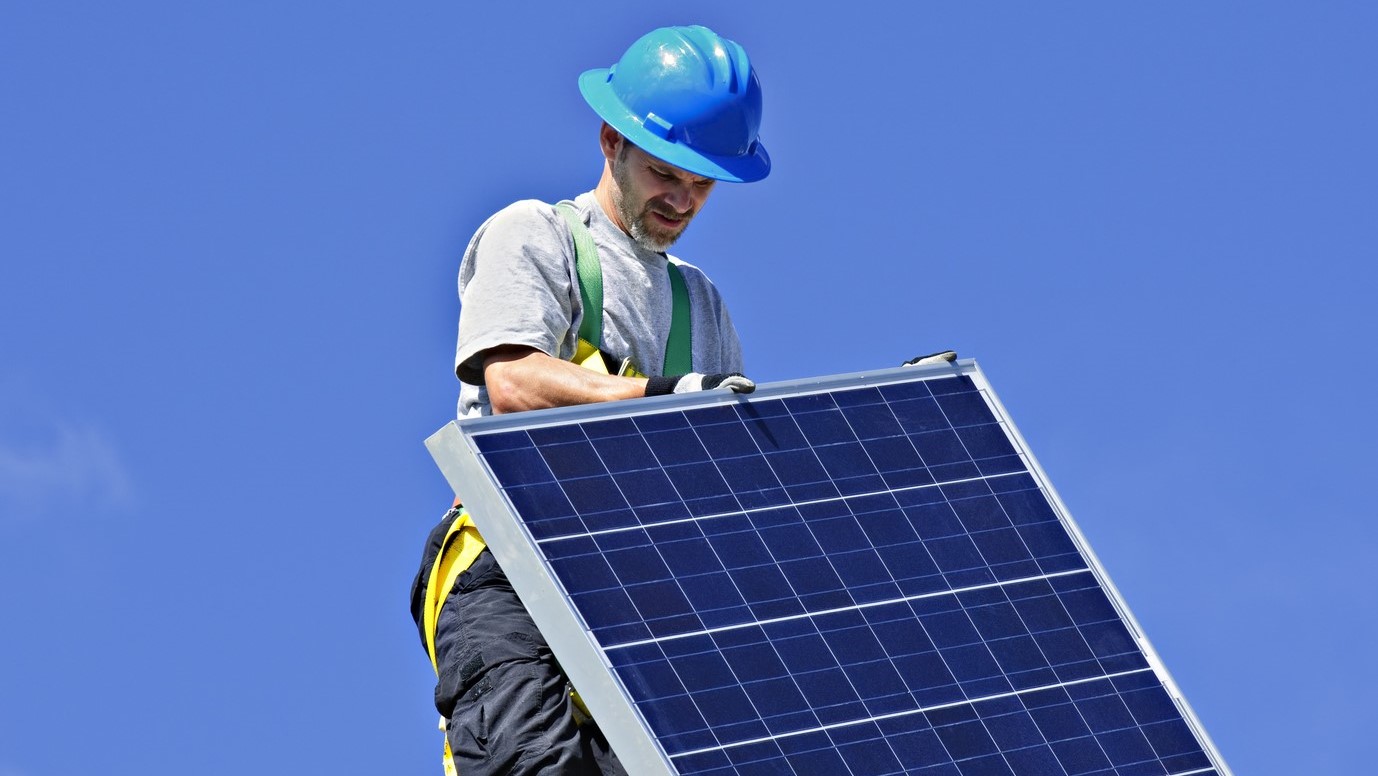Kye Gbangbola on how construction companies can better serve the communities they work in.

The new Procurement Act will oblige all construction companies to pay more attention to the communities they serve.
Originally intended to come into effect this month, but delayed till February 2025, the legislation requires all organisations to consider the social value and wellbeing of local communities as part of their work.
Many built environment organisations have already undergone a profound shift in their environmental, social, and governance (ESG) strategies, although ‘greenwashing’ can be a concern, and not all businesses properly document, measure, and disclose their activity to recognised authoritative reporting standards such as GRI.
The new Act will hopefully sharpen their thinking, particularly around social impact.
Social impact is defined as the effect of an organisation’s actions on the wellbeing, health, and happiness of a community and/or society. Common ways of providing social value are donations in kind, workers volunteering hours, expert advice, school visits, apprenticeships, or employing local people.
One company focused on social impact is facilities management firm Smarter Services, with its ‘Wellbeing, Health, or Happiness’ mantra.
Community initiatives
In one project Smarter Services repaired and restored the property of a homeless charity, Warming Up the Homeless, which had sustained flood damage, and kept the centre operational throughout.
Another project involved the creation of an orchard where residents could harvest fruits at no cost, promoting biodiversity, and helping local wildlife, while bringing the community together. Smarter Services instigated the development of a peace garden with resident-made seating, turning unused areas into spaces that are good for mental health and community spirit.
In addition, organic waste from Smarter Services’ landscaping teams has been used as compost, reducing site waste and operational costs.
On a residential block, housing vulnerable residents, the fire doors needed changing on a residential block. Aware of the likely noise, dust, and disturbance, Smarter Services engaged with residents and the landlord, hired a coach, and took them to the seaside for fish and chips. When the residents got back, the fire door works were complete.
These initiatives show how built environment companies can create value for residents, clients, and the environment. Organisations that prioritise social value are not just building, they are nurturing vibrant communities, green skills, and contributing to a sustainable future.
They also need to keep up with new legislation such as the looming Procurement Act.
Kye Gbangbola FCIOB is sustainability ambassador for CIOB and a director at Smarter Services.











